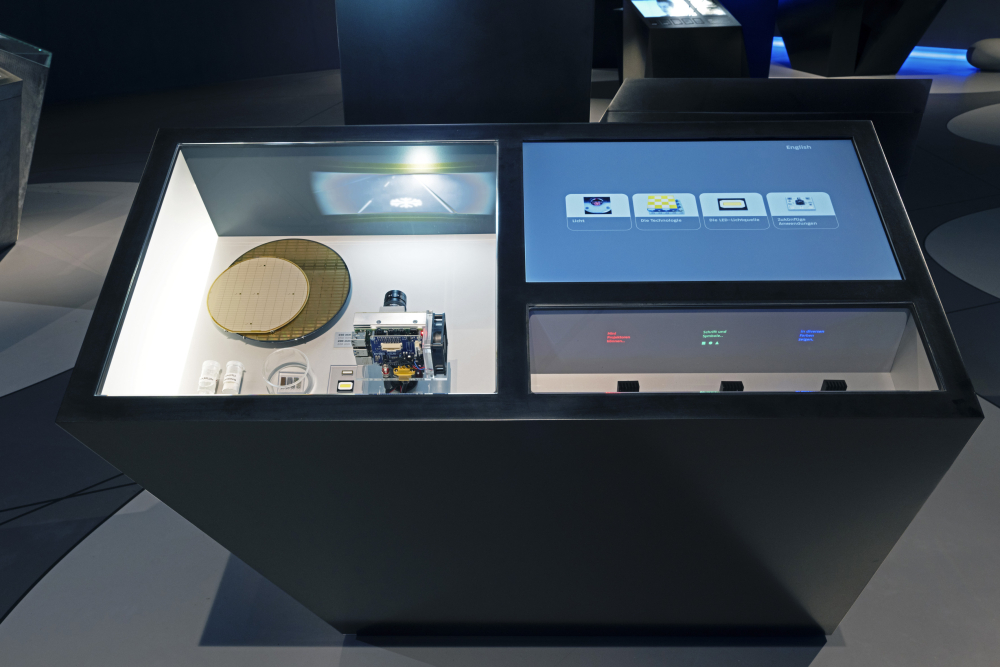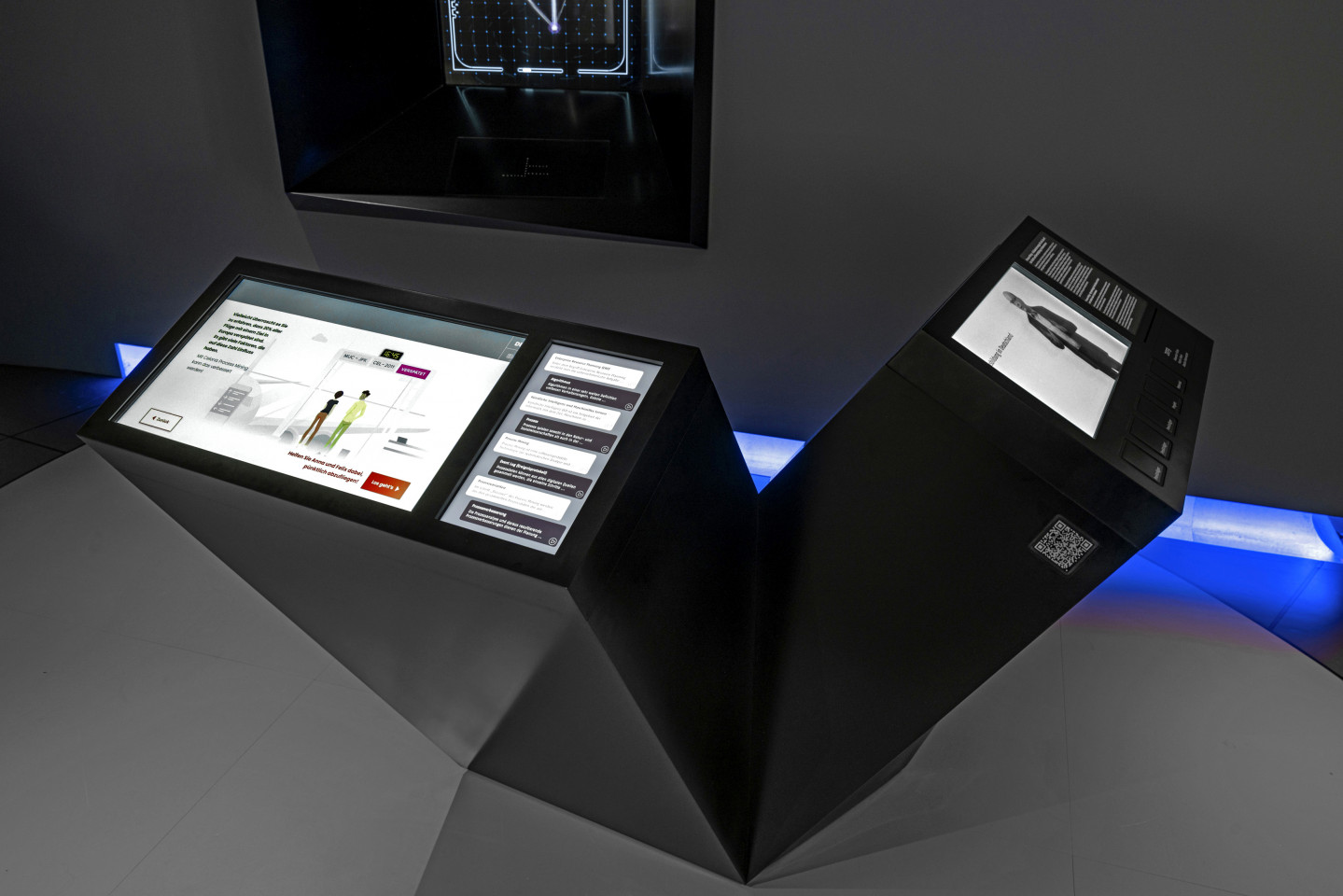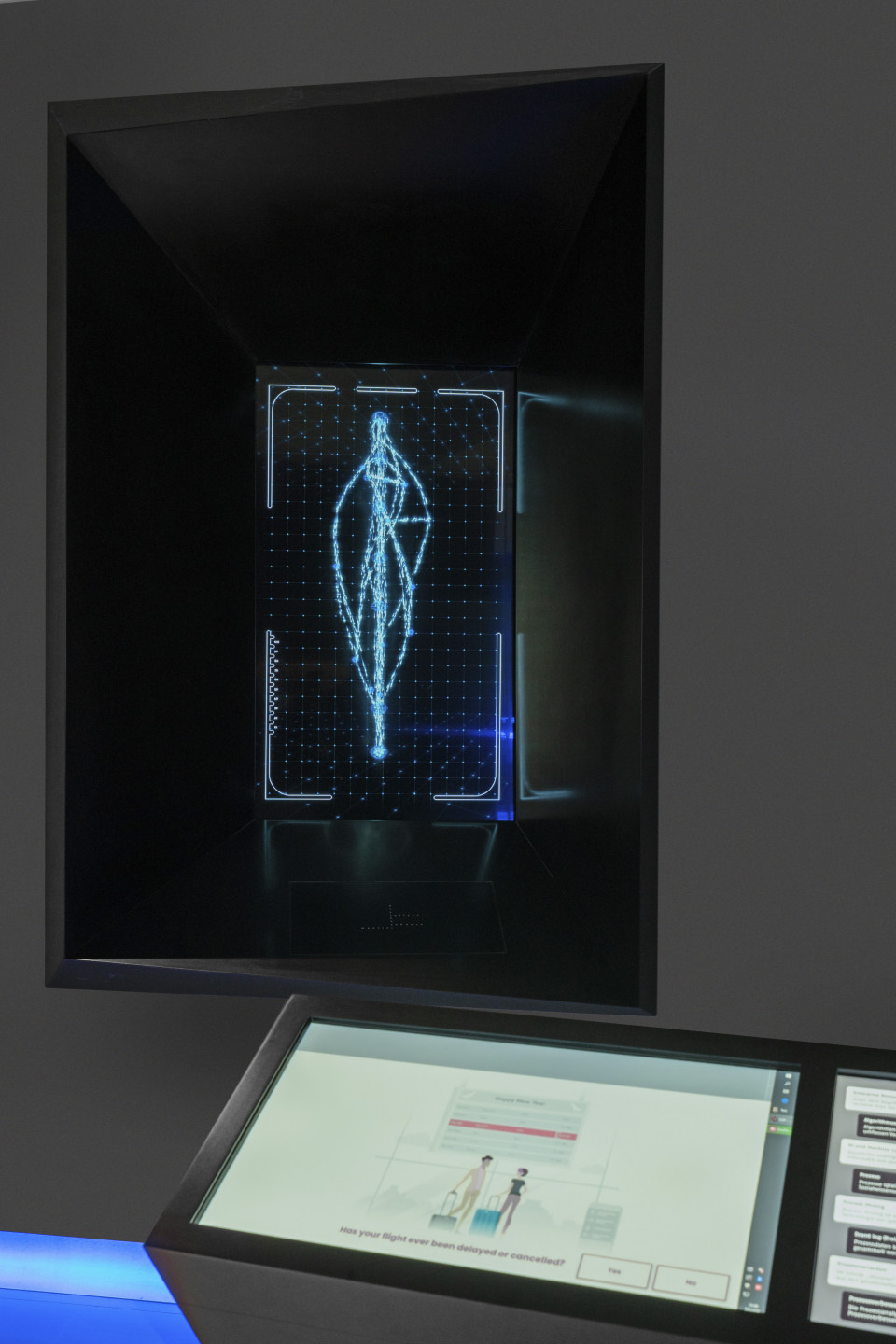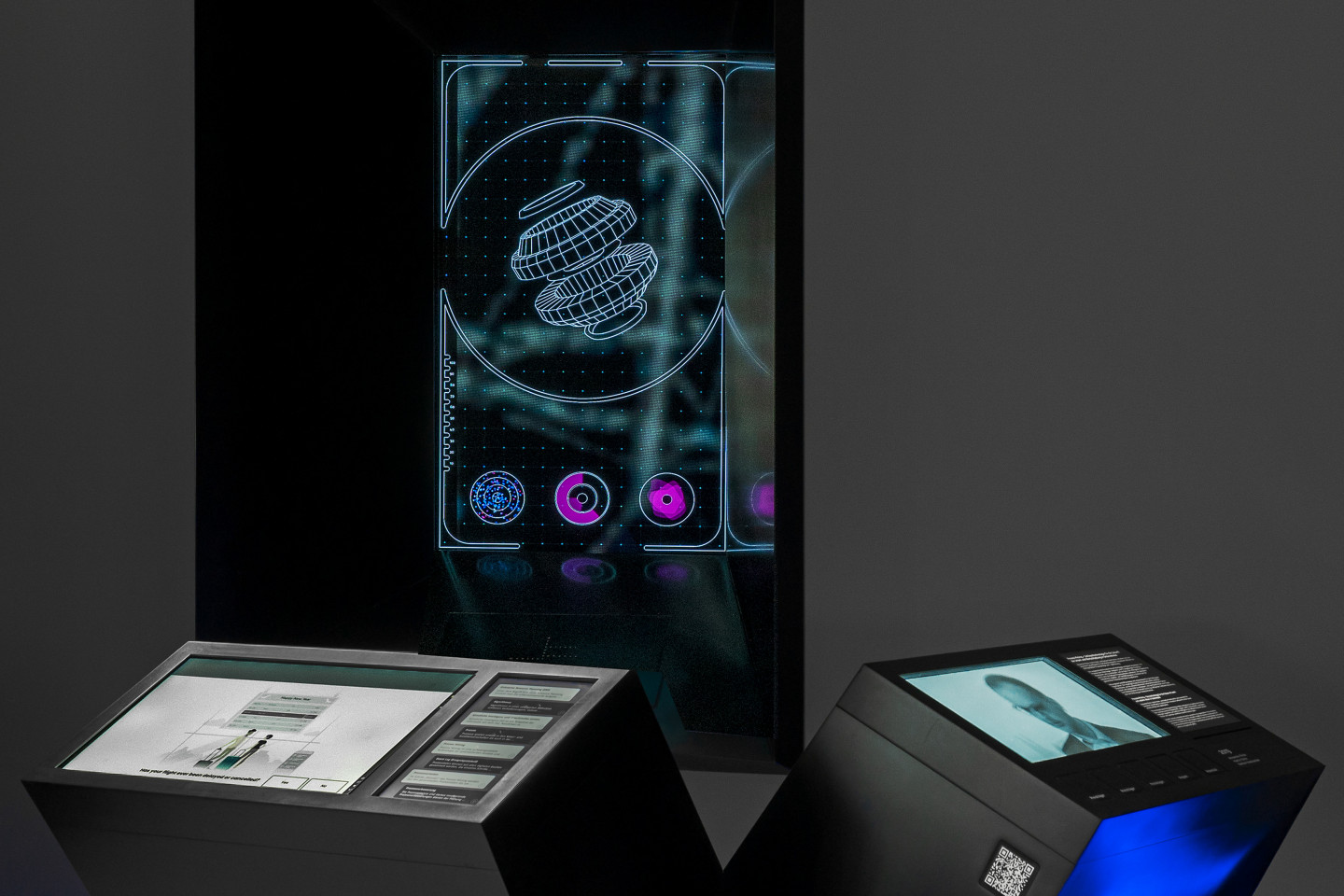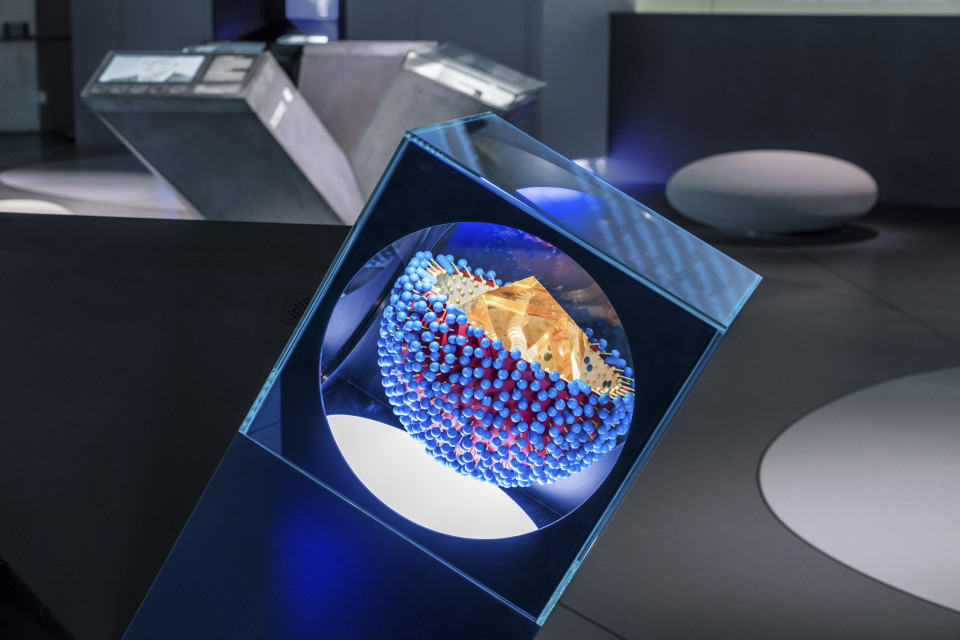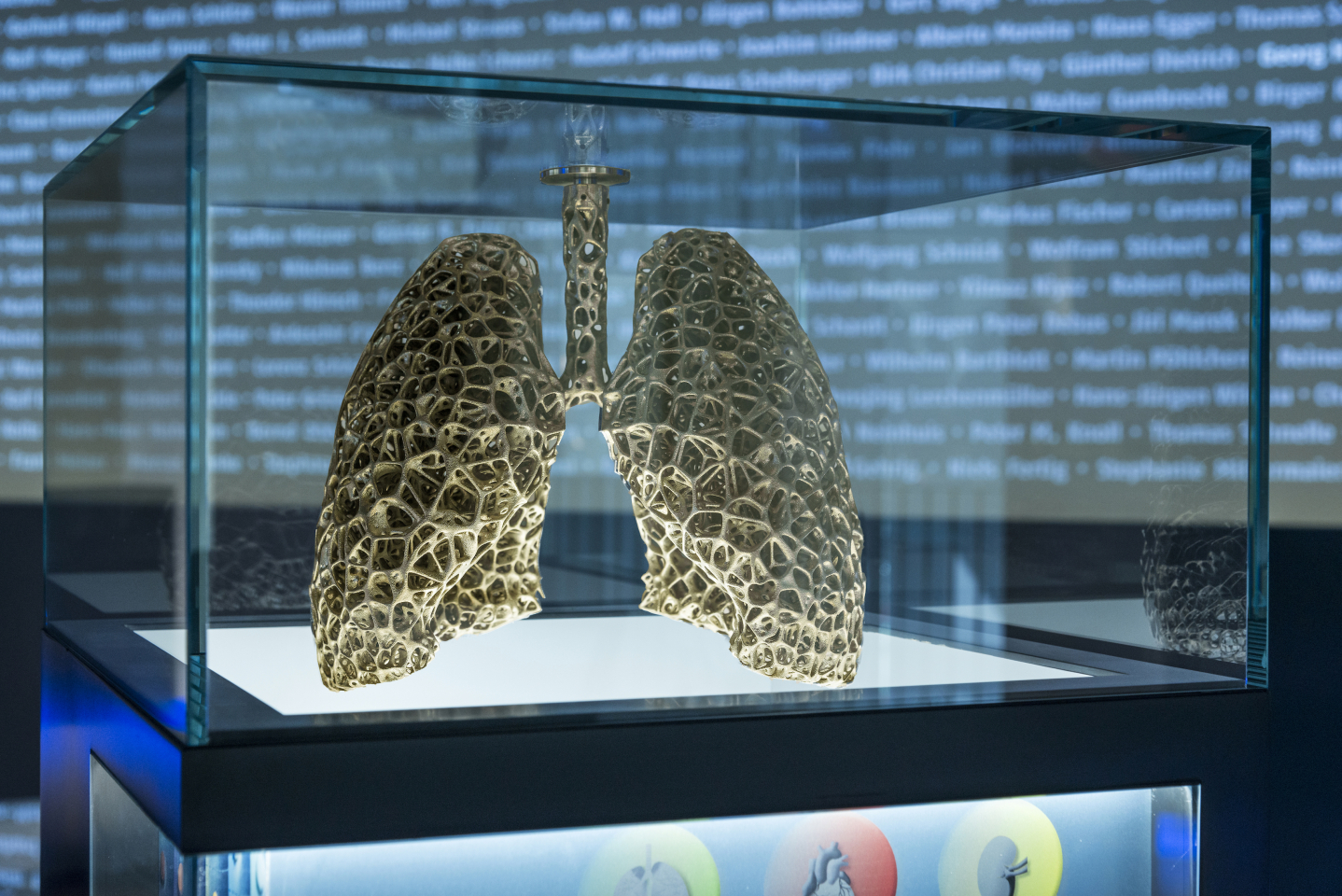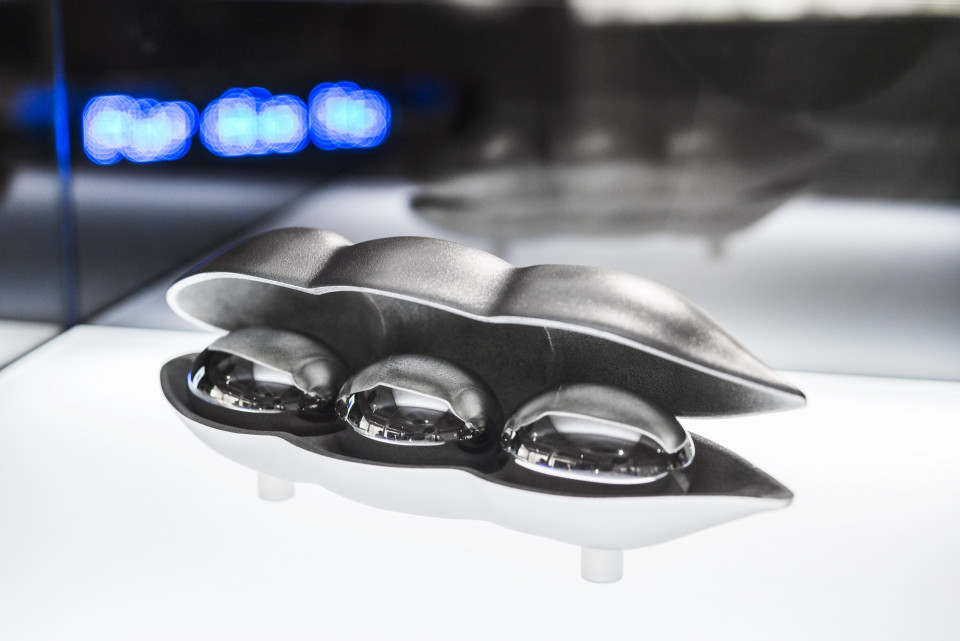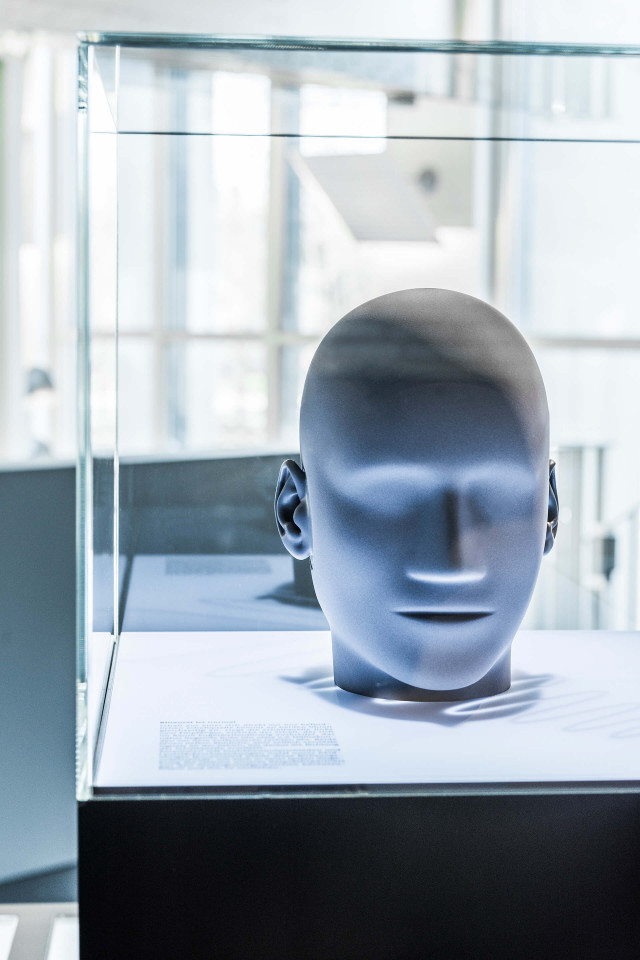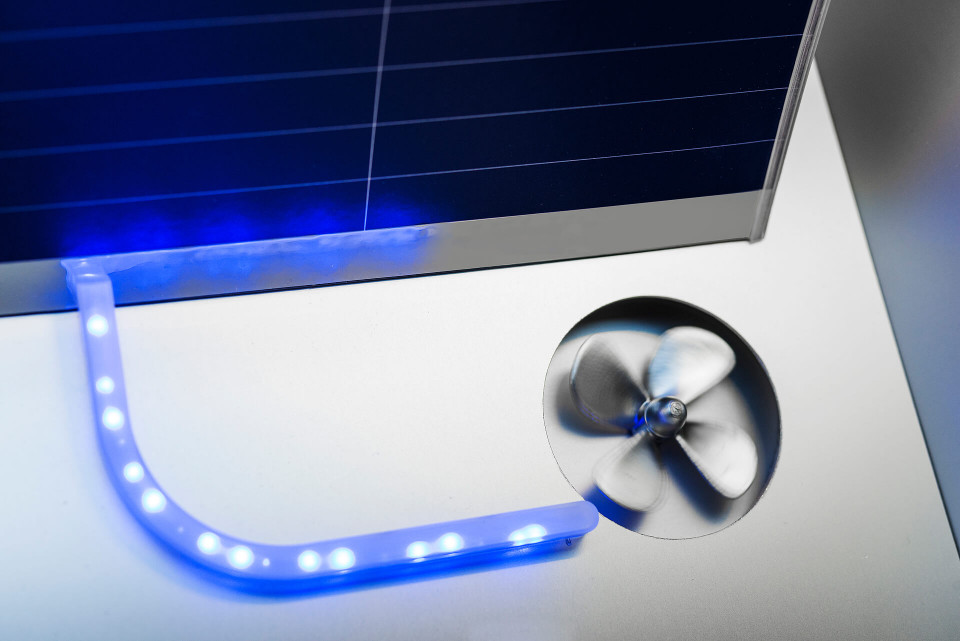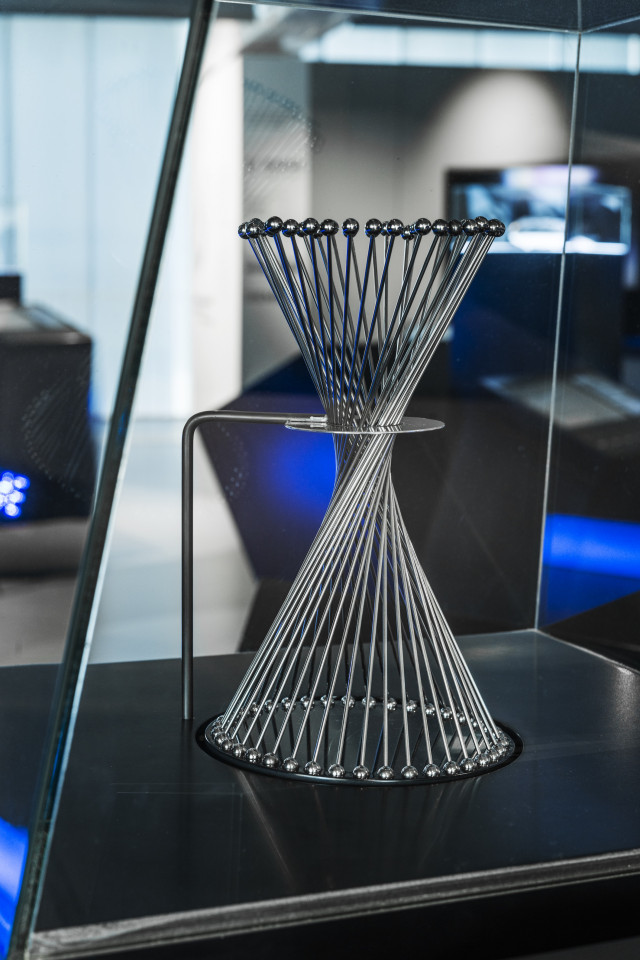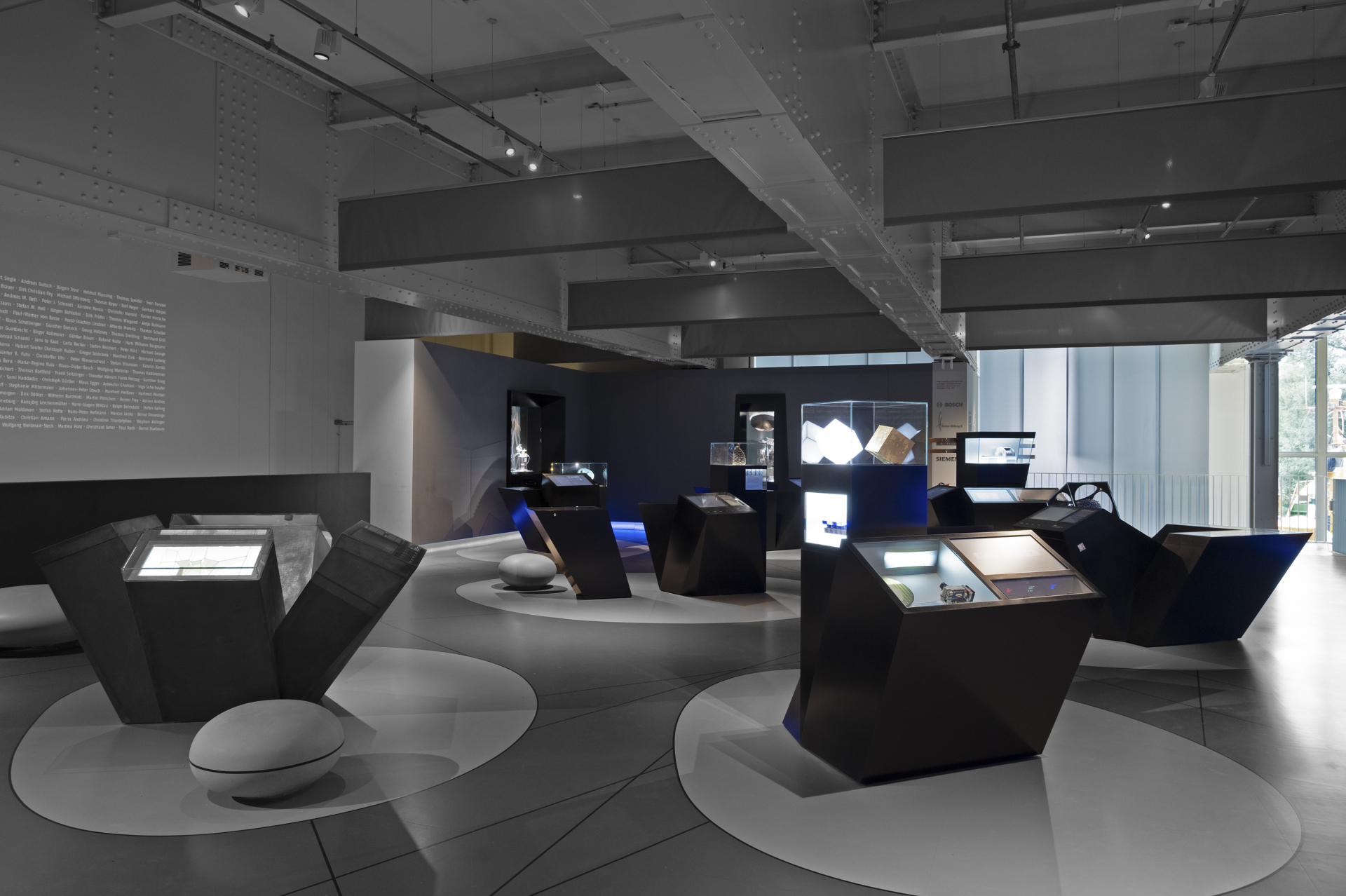
Exhibition
The exhibition showcases ten award-winning projects, documenting scientific and academic excellence and the sustainable impact of the innovations. The exhibition introduces the researchers and developers as individuals and as role models and honours their achievements in the "Hall of Fame".
The prize-winners are presented in a "Hall of Fame", at a prominent position and in framed larger-than-life, black-and-white portraits at the top end of the exhibition - the modern equivalent of the actual "Hall of Fame" at the Deutsches Museum. The installation ends with the archive presenting all activities related to the prize and the "Emeritus Module", containing information about all prizewinning projects no longer on display in the exhibition. On the opposite wall is a list of all those whose innovations were shortlisted for the Deutscher Zukunftspreis:
researchers who are among the "circle of the best".
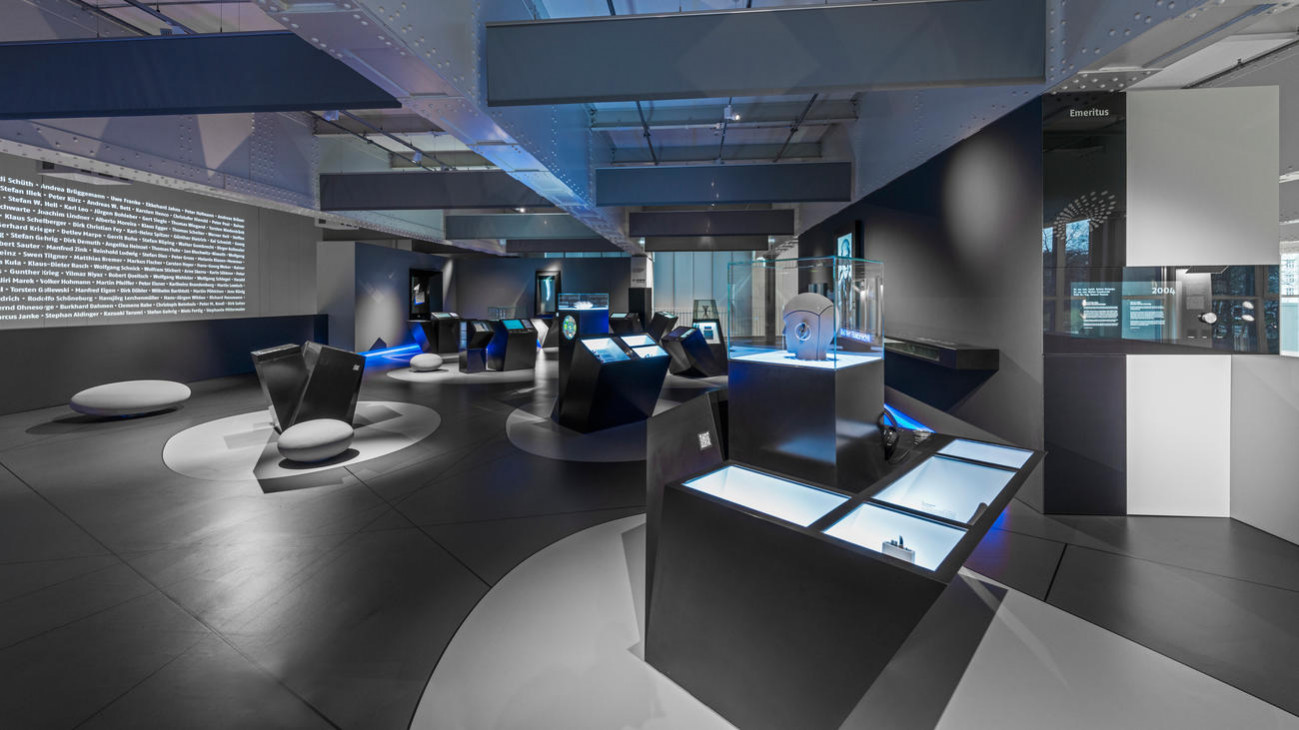
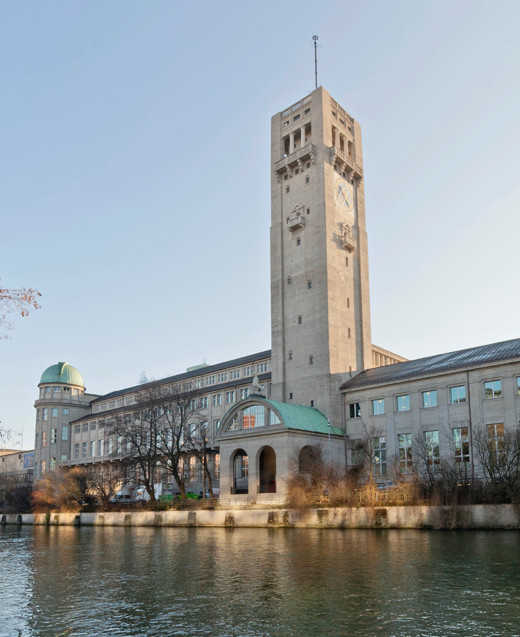
Deutsches Museum
Your visit to the Deutsches Museum
The Deutsches Museum in Munich has already been extensively renovated in recent years. With the completion of the first construction phase, visitors can expect a total of 19 completely redesigned exhibitions since the reopening in 2022.
The exhibition on the German Future Prize has moved from its original location to the gallery of the auditorium, where it can be experienced in a modified and updated form.
However, a second construction phase is now pending. For this reason, individual exhibitions on Museum Island will again be temporarily inaccessible.
Current information on this can be found here: https://www.deutsches-museum.de/museumsinsel/ausstellung/alle-ausstellungen
Information
Address and Directions
Museumsinsel 1
80538 Munich / Germany
Phone: +49 (0) 89 / 21 791
Fax: +49 (0) 89 / 21 79 324
Recorded information: +49 (0) 89 / 21 79 433
www.deutsches-museum.de
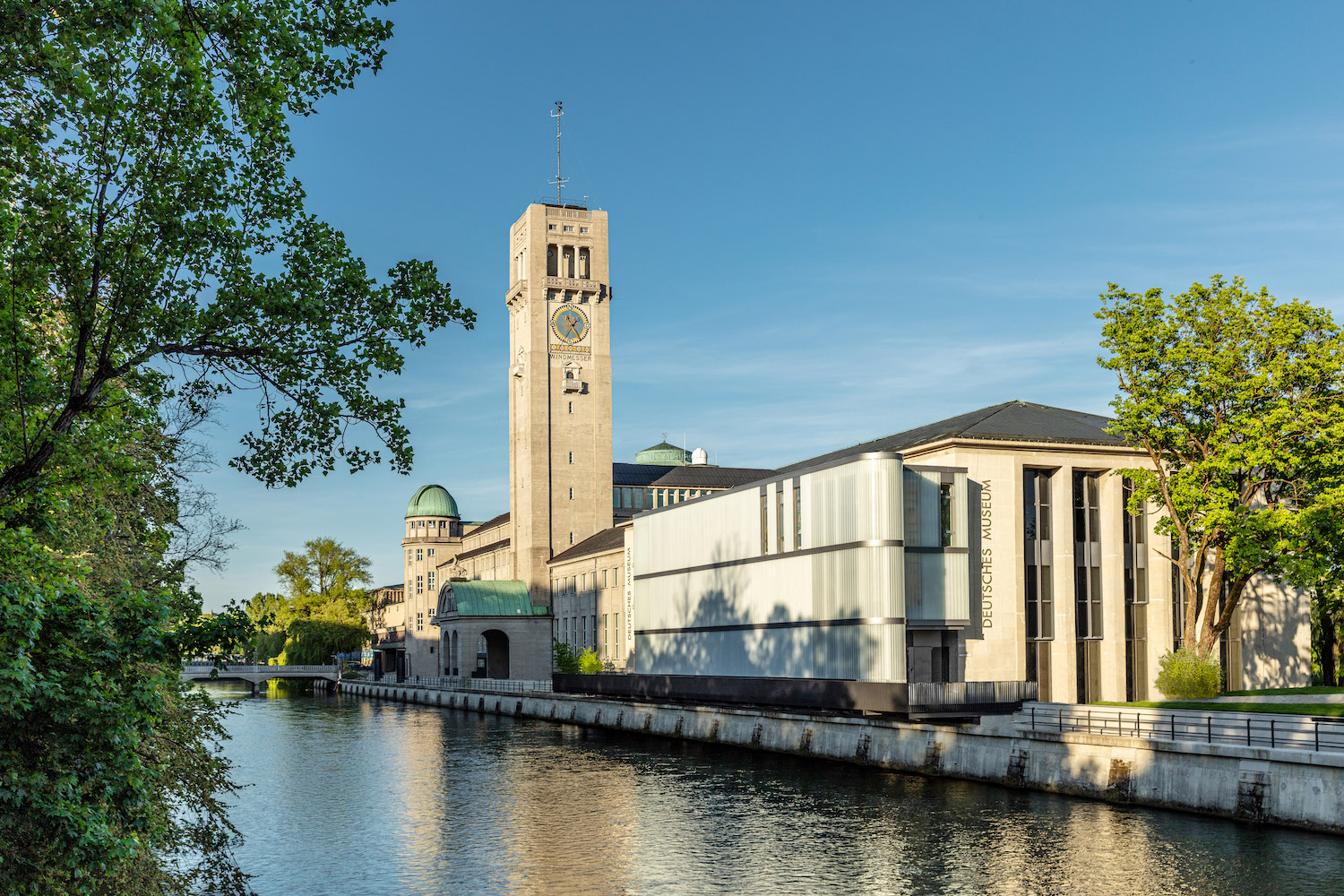
The entrance and ticket office are now located in the new multi-storey glass building on Corneliusbrücke.
How to get to the museum
S-Bahn – all trains stop nearby
Isartor – escalators only, no lift Rosenheimer Platz – barrier-free, but relatively steep hill down to the Deutsches Museum
Tram
Line 16, Isartor
Line 18, Fraunhoferstraße
Please note that the Deutsches Museum stop on line 17 is not currently served due to construction work on Ludwigsbrücke.
Bus
Line 132, Boschbrücke
Lines 52 und 62, Baaderstraße
U-Bahn
Lines 1 and 2, Fraunhoferstraße
Opening Hours and Admission Charges
The Deutsches Museum is open daily from 9:00 a.m. to 5:00 p.m.
Tickets are sold until 4pm. Admission until 16.30.
The last entrance to the mine and Kinderreich is at 16.45.
The German Museum is closed eight days a year.
01.01.2020 New Year
25.02.2020 Shrove Tuesday
11.03.2020 closed until 12:30 pm for staff meeting
10.04.2020 Good Friday
01.05.2020 May Day
01.11.2020 All Saints' Day
11.11.2020 closed until 12:30 pm for staff meeting
24.12.2020 Christmas Eve
25.12.2020 Christmas
31.12.2020 New Year's Eve
Admission costs
Adults 12,00 €
Admission for children up to 5 years and members is free.
Family ticket 25.00
Up to 2 adults with family members up to 17 years old.
Combi ticket 19,00 €
German Museum + Traffic Center + Flugwerft Schleißheim
valid until redemption for an indefinite period.
The German Museum is currently being extensively renovated. Therefore, several exhibitions are closed and the entrances change again and again during the construction process. Please check up to date when planning a visit to the museum.
https://www.deutsches-museum.de/information/
If you wish to visit the exhibition on the Deutscher Zukunftspreis at the Deutsches Museum with a small or larger group, please notify the museum in advance by contacting:
Contact
Deutsches Museum
Dr. Sabine Gerber, Curator
Phone: +49 (0) 89 / 21 79 565
E-Mail: s.gerber@deutsches-museum.de
Tours Ms. Beate Schuster
Fax: +49 (0) 89 / 21 79 273
E-Mail: fuehrungen@deutsches-museum.de
Büro Deutscher Zukunftspreis
Cuvilliésstraße 14
81679 München
Dr. Christiane A. Pudenz
Tel.: +49 (0) 89 / 30 70 34 44
Fax: +49 (0) 89 / 39 29 87 31
Mobil: +49 (0) 172 / 85 20 982
E-Mail: info@deutscher-zukunftspreis.de
Web: www.deutscher-zukunftspreis.de

 Gebärdensprache
Gebärdensprache
 Leichte Sprache
Leichte Sprache


